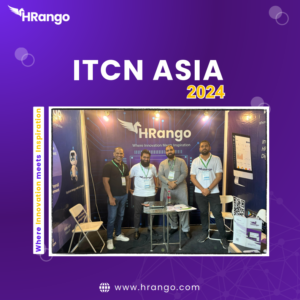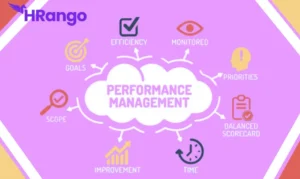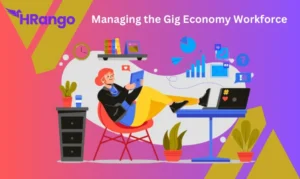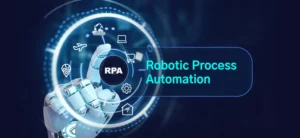In the rapidly evolving world of Human Resource Management Systems (HRMS), ensuring data security and accurate employee verification has become increasingly crucial. As businesses grow and manage larger volumes of sensitive data, traditional methods of securing information are proving inadequate. Enter blockchain technology—a revolutionary tool that promises to transform HRMS by enhancing data security and improving employee verification processes.
The Role of Blockchain in HRMS
Blockchain technology, at its core, is a decentralized ledger that records transactions across multiple computers in a way that ensures data integrity and security. In the context of HRMS, blockchain can be leveraged to address several challenges, particularly in the areas of data security and employee verification.
1. Data Security
One of the most significant benefits of blockchain technology is its ability to secure data through cryptographic techniques. Traditional HRMS platforms store employee data in centralized databases, which are vulnerable to cyber-attacks, data breaches, and unauthorized access. In contrast, blockchain’s decentralized nature makes it virtually impossible for hackers to alter or delete data. Each piece of information is stored in a block, which is linked to the previous block, creating a chain that is immutable and transparent. This means that once data is recorded on the blockchain, it cannot be altered without the consensus of all participants in the network, thereby ensuring the integrity and security of sensitive employee information.
2. Employee Verification
Employee verification is another critical area where blockchain can make a significant impact. Traditional verification processes often involve manual checks, third-party background verification agencies, and paper-based documentation, all of which are time-consuming and prone to errors. Blockchain technology can streamline this process by enabling the creation of a digital identity for each employee. This digital identity can include verified credentials, work history, and other relevant information, all stored securely on the blockchain. Employers can access this information in real time, reducing the need for lengthy verification processes and ensuring that the data is accurate and up-to-date.
How hRango Leverages Blockchain Technology
hRango, a cutting-edge HRMS platform, has embraced blockchain technology to enhance its data security and employee verification capabilities. By integrating blockchain into its system, HRango offers its users an unparalleled level of security and efficiency.
Data Security: HRango uses blockchain to protect sensitive employee data, ensuring that all information is encrypted and stored in a decentralized manner. This approach not only safeguards against data breaches but also ensures compliance with data protection regulations.
Employee Verification: HRango’s blockchain-powered verification system allows employers to instantly verify an employee’s credentials, work history, and other essential details. This not only speeds up the hiring process but also reduces the risk of fraudulent claims.
The Future of Blockchain in HRMS
The integration of blockchain technology into HRMS platforms like hRango is still in its early stages, but the potential is enormous. As more organizations recognize the benefits of blockchain for data security and employee verification, it is likely that we will see broader adoption of this technology in the HR space. The ability to provide a secure, transparent, and efficient system for managing employee data is a game-changer, and blockchain is at the forefront of this transformation.
Conclusion
Blockchain technology offers a promising solution to the challenges of data security and employee verification in HRMS. By leveraging the power of blockchain, platforms like hRango are setting new standards in how sensitive employee data is managed and verified. As the technology continues to evolve, we can expect even more innovative applications in the HRMS space, ultimately leading to more secure and efficient HR processes.
FAQs
How does blockchain improve data security in HRMS?
Blockchain improves data security by decentralizing the storage of information and using cryptographic techniques to ensure that data cannot be altered without consensus, making it resistant to cyber-attacks and unauthorized access.
What are the benefits of blockchain for employee verification?
Blockchain streamlines employee verification by providing a secure digital identity that includes verified credentials and work history, allowing employers to access accurate information in real time.
How is hRango utilizing blockchain technology?
hRango uses blockchain to enhance data security and streamline employee verification processes, offering a more secure and efficient HRMS platform.
Is blockchain widely adopted in HRMS platforms?
While still in its early stages, the adoption of blockchain in HRMS is growing as organizations recognize its potential to enhance data security and verification processes.







